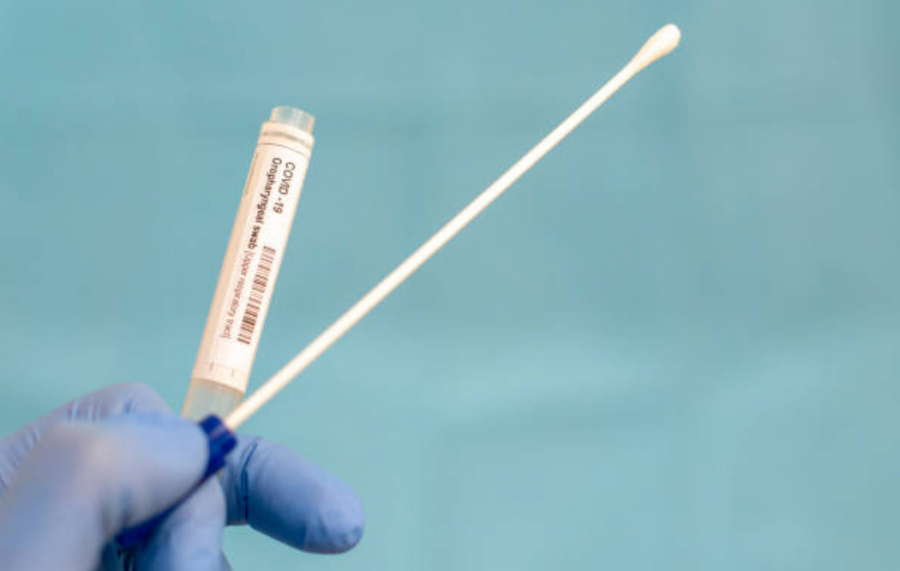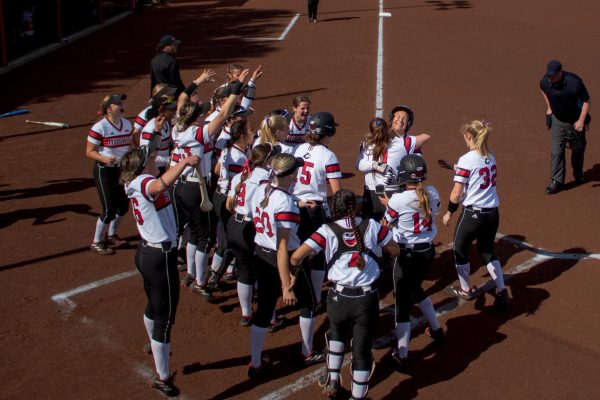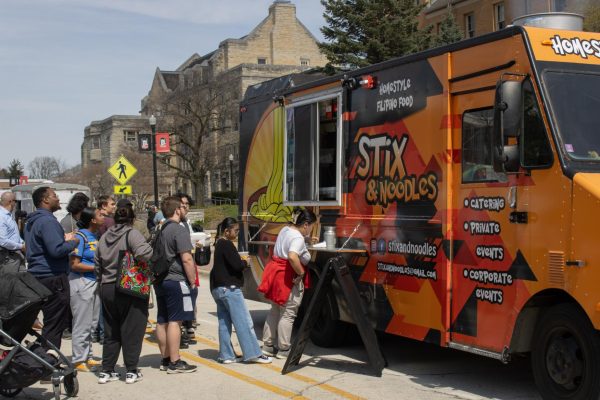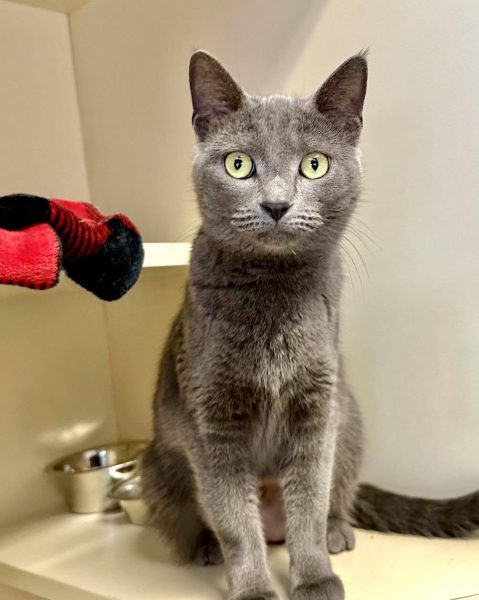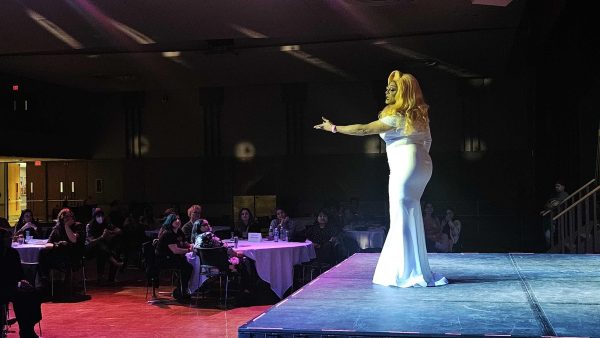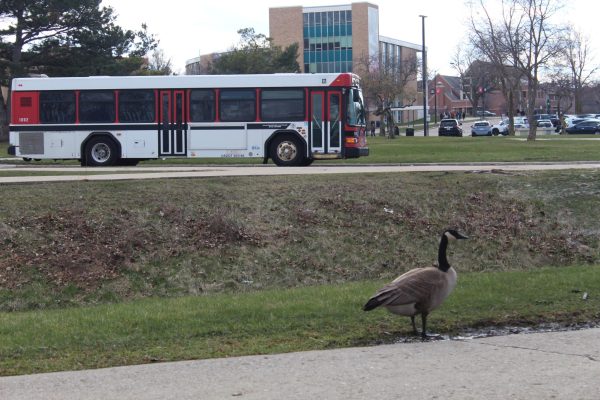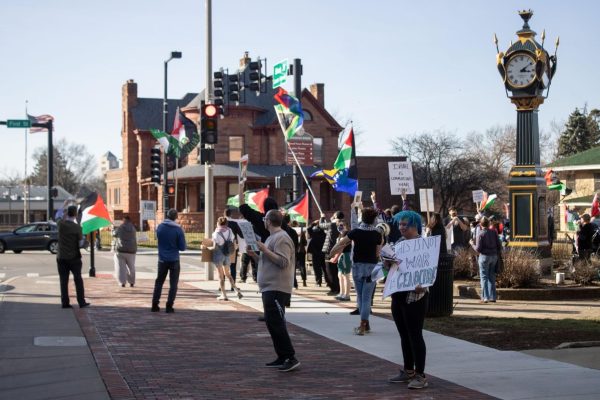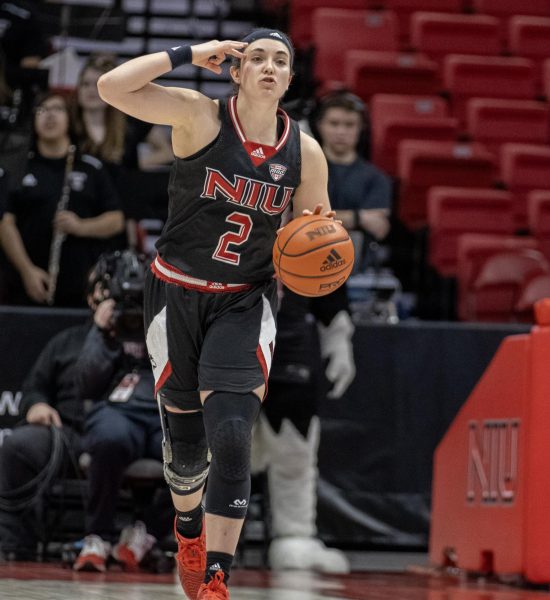Low-income areas need to be at the forefront for vaccine distribution
A gloved hand holds a COVID-19 nasal swab test. While the IDPH still recommends that everyone get vaccinated and boosted, the IDPH has begun the use of a COVID-19 treatment drug.
February 12, 2021
Living in America grants people many luxuries other countries might not have access to. One luxury is a healthcare system that allows people to get vaccinated to prevent a wide range of dangerous diseases; however, this does not mean everyone in America is granted that luxury equally.
COVID-19 vaccines are now available, but people in low-income neighborhoods are not getting as much access to them as higher-income areas, which is a fear they’ve had for a while, according to BusinessInsider. This is something that needs to change because the people in these areas are more at risk of getting COVID-19.
A large part of why this is happening is due to the fact that these neighborhoods are victims of what health professionals call health disparities.
“These are differences in the health status of the population,” said Beth Squires, NIU’s Public Health Program Coordinator. “It includes things like access to resources and healthcare, and what the pandemic has highlighted is that there are many areas in our country where there is very limited access to healthcare.”
Because of this, Squires said people in these areas might not be getting ample treatment for preexisting conditions that can cause complications with COVID-19, such as diabetes or COPD, chronic obstructive pulmonary disease. It would seem apparent that the areas who find themselves in this situation should be a high priority for stemming the spread of the virus, but so far this has not been the case.
More than 35% of people who have incomes of $15,000 or lower are at a higher risk of having serious complications with COVID-19, according to the Kaiser Family Foundation, a San Francisco based non-profit focusing on health issues. This is a lot lower than the 16% chance of people who make $50,000 or more.
“There are not a lot of jobs in these areas that pay well, and these are the frontline, essential workers,” Squire said. “They had to stay out there working and exposing themselves to the virus because they do not have benefits; they do not get a vacation; they do not have sick days. They were at risk both health wise and with the jobs they are able to get.”
While everyone deserves the access to the vaccine, the fact that people with a lower chance of serious complications have more access than the people with a higher chance of complications is not something that should be happening.
While this is not a problem in the city of DeKalb, as vaccine clinics have begun to open, Squires said that for the greater DeKalb County there is a feeling of “hurry up and wait,” as there is impatience from everyone to get the vaccine.
Thankfully there are signs of strides forward in making these feelings go away.
“The good news is that public health is aware of this,” Squires said. “Mobile clinics will be happening, and it is part of the planning to even up the distribution and to make sure that everyone has access to the vaccines.”
Squires mentioned that the best way to quell the spread of the virus is for everyone to get vaccinated.
“We want everyone to get it,” Squires said in regards to the vaccine. “But we want to get the people who are out there in the community more often, especially healthcare workers who are treating those patients that have covid; we want to give those people that protection as soon as possible.”
Public health is working to get more clinics up as soon as possible, Squires said, which is a good thing as COVID-19 cases continue to increase in the country. However, if people in low-income neighborhoods don’t get better access to the vaccines, cases and death will continue to go up due to lack of proper health care.
More has to be done. COVID-19 doesn’t seem to be going anywhere, and every person deserves the right to get vaccinated if they choose. Due to health disparities in low-income areas, that will not be the case, even though the people in these areas need the vaccine to be done. Thankfully, public health officials are making moves for a long time to make these health disparities a thing of the past.
“When I worked for the Cook County Department of Public Health, they had health officers in communities that were in lower-income areas with less access to improve it, and that was almost 20 years ago,” Squires said.
While these strides are amazing and are increasing the quality of lives for the population of these areas, these are strange times we are living in, and that has to be taken into account more. Not a big enough stride has been taken for the people of these areas in COVID-19 protection, and that needs to change.


